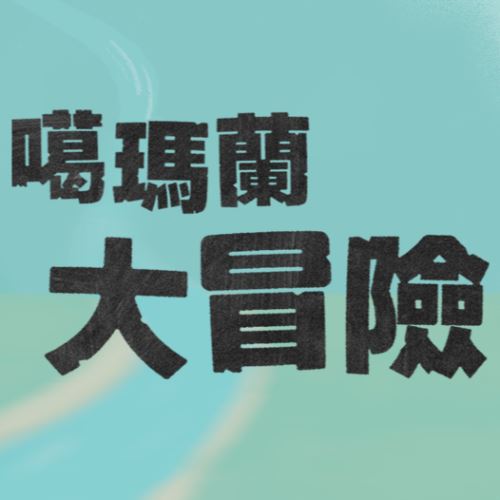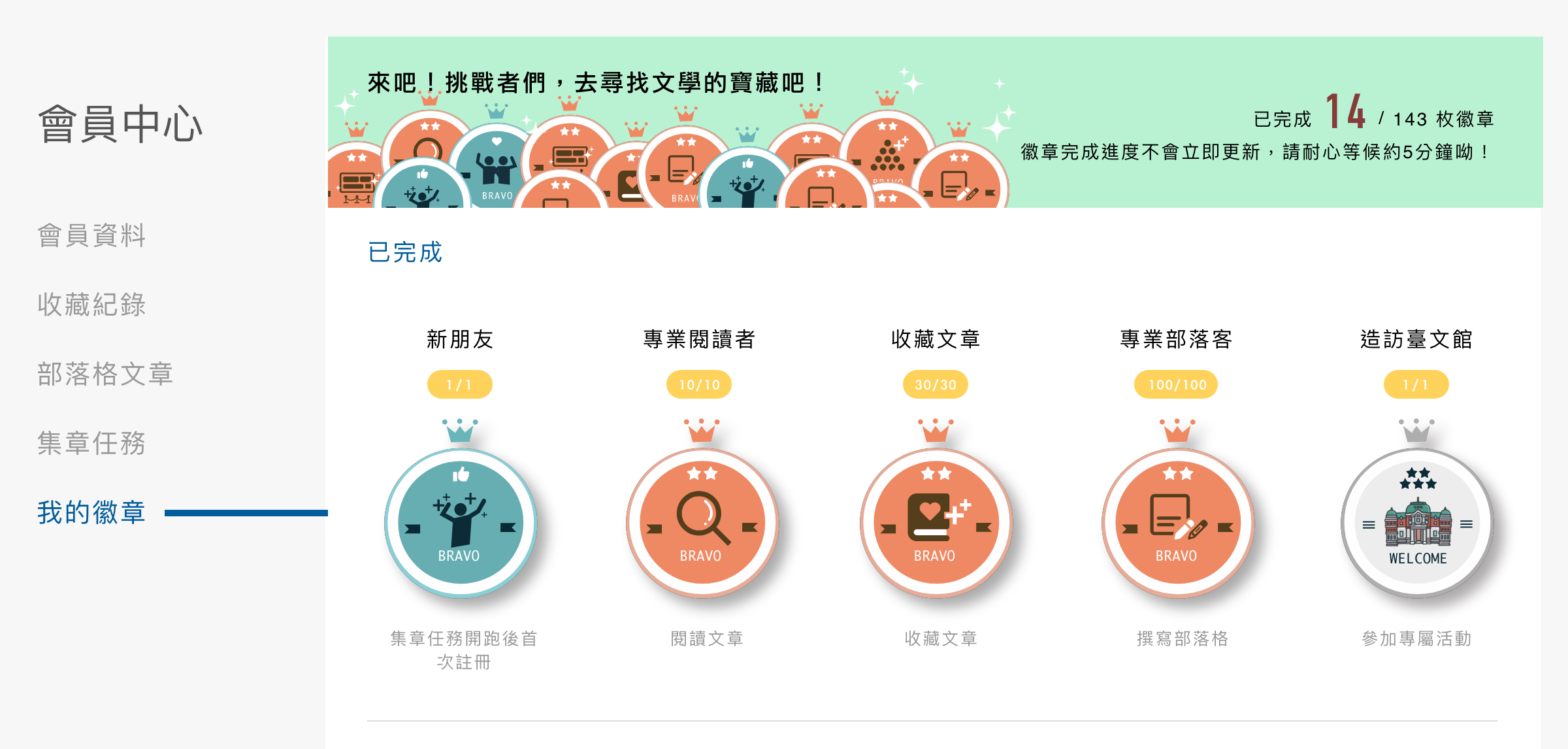
About the Game
Story Breaker, adapted from the 2023 Taiwan Literature Digital Game Script Competition Gold Award, is an online puzzle-solving game set against the backdrop of Taiwanese literature, offering players an exciting and thrilling adventure experience.
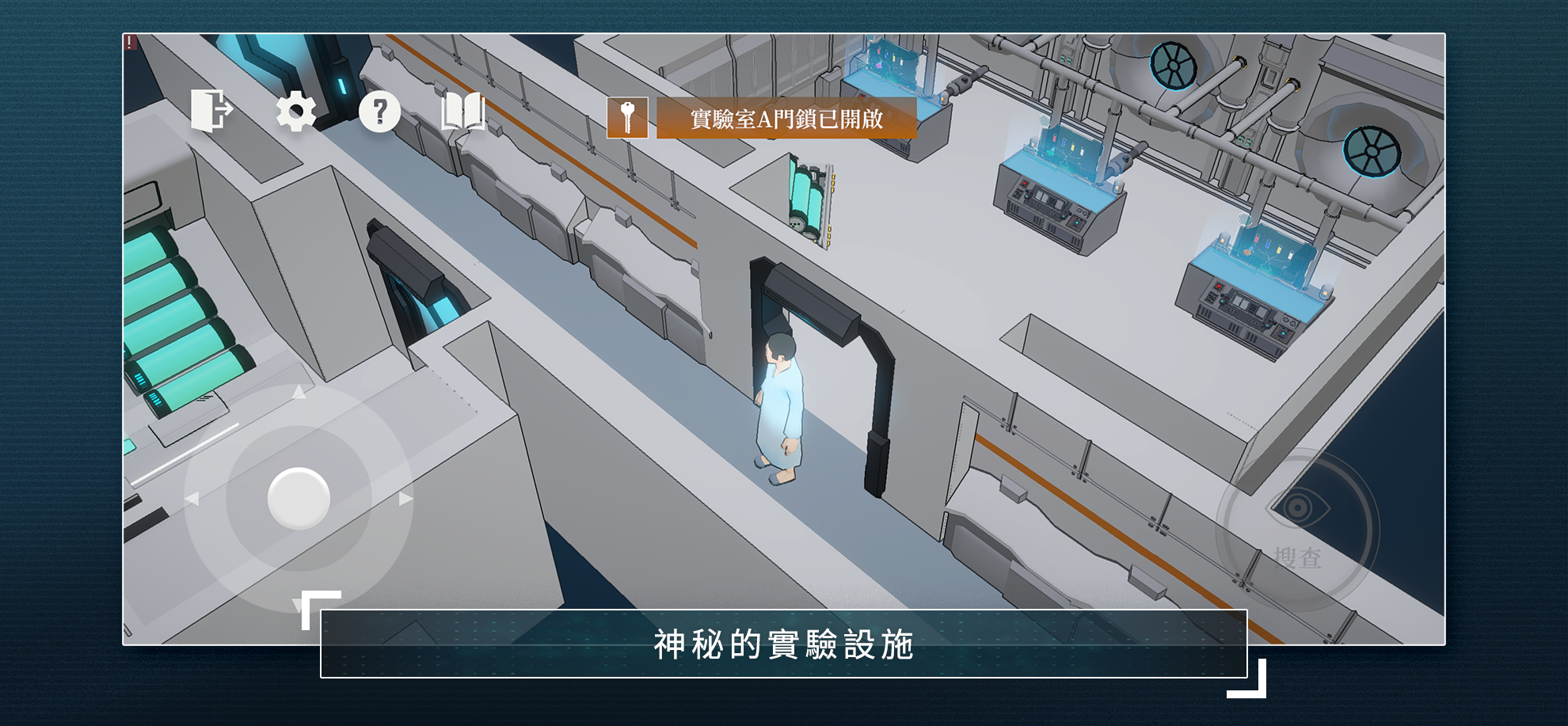
Game Introduction
In the world of Story Breaker, you will enter a future ruled by technology and artificial intelligence. As technology advances, characters from books have broken free from the confines of text, becoming real beings. However, in the face of increasing turmoil, the government enforces strict thought control and has imprisoned literary works deemed inappropriate. The characters from these works are forced into a deep sleep in the "Literature Experiment Base."
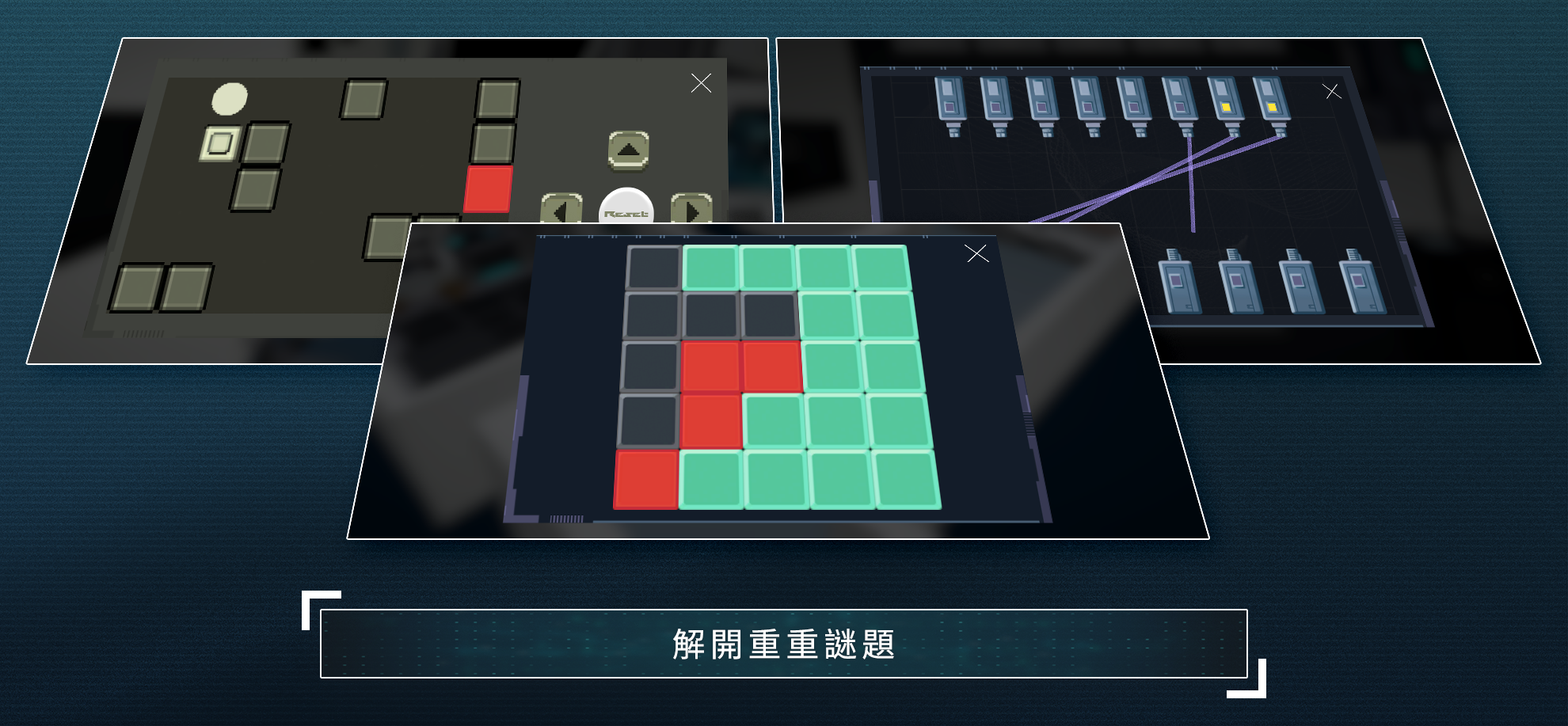
One day, an accident changes everything. The fragmented stories of banned books scatter throughout the lab, awakening the characters from their slumber. You will play as one of these characters, who has lost their memory, and embark on a journey through a world full of unknowns, seeking to recover your forgotten story. Your goal is to collect the scattered story fragments, piece together your memory, and escape from the pursuit of guards. This thrilling escape is filled with puzzles and challenges.
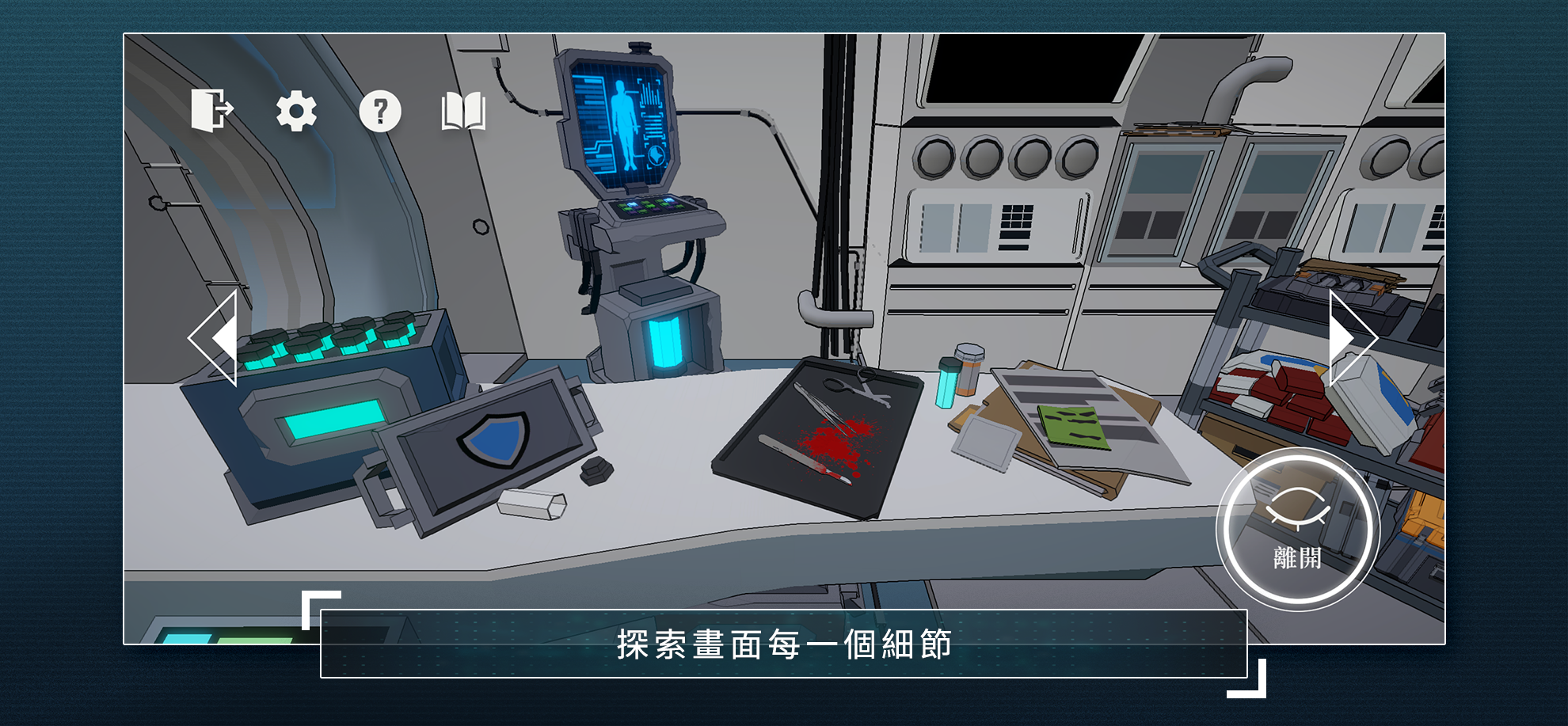
Story Breaker combines literary elements with a futuristic setting. You will collaborate with other players to solve complex puzzles while avoiding the guards who seek to imprison your story once again. Every choice you make will determine whether you can reclaim your lost story. Are you ready to face this challenge of mind and strategy?
Game writer
CHEN QIAO-YUAN
From Hualien, a graduate of the Chinese Literature Department at National Taiwan Normal University. Loves writing stories and is passionate about exploring any medium that can convey them.
CHEN PIN-FANG
Born in Changhua, Taiwan, and a Chinese Literature major at National Taiwan Normal University. Thanks to a double major, there's been no need to join the grind of working life yet. Loves playing games and is deeply interested in the design behind them.
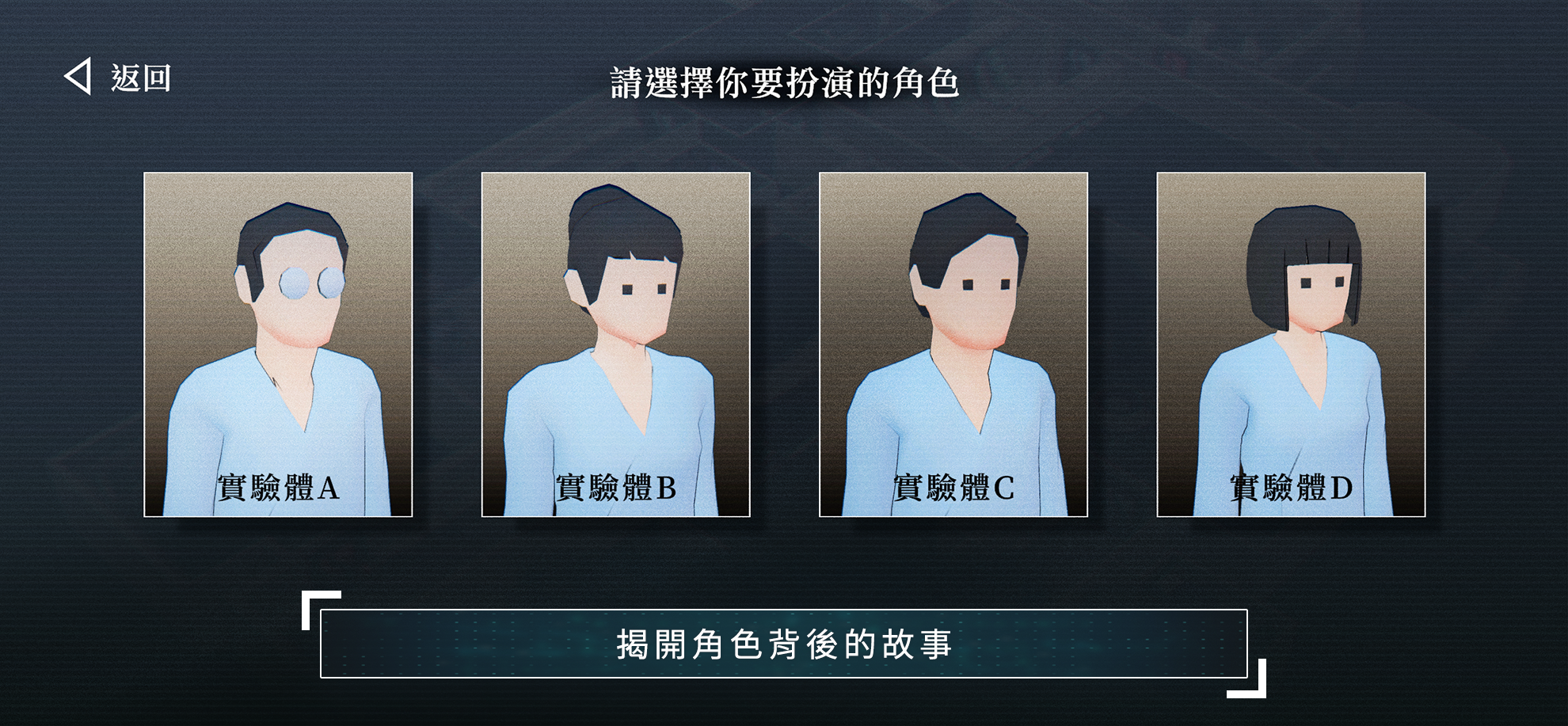
Original Work Introduction
Lai He’s "Mr. Snake"
"Mr. Snake" is a medical-themed short story by Taiwanese author Lai He, first published in January 1930 in issues 293, 295, and 296 of Taiwan Minpao. Mr. Snake is an unlicensed healer who can create remedies for snake bites. Despite lacking a medical license, his treatments were effective and popular among farmers, as many who used his remedy recovered from snake bites. His medicine even proved more effective than Western medicine. As a result, a Western doctor sought to learn the secret of his formula, but Mr. Snake did not believe there was anything particularly special about it. This led to a series of verbal disputes between Mr. Snake and the Western doctor. Lai He’s novel explores traditional Chinese herbal medicine in a positive, constructive light while offering a critical view of colonial Western medicine. The story reflects on how Taiwanese intellectuals sought to establish their own identity amidst modernity and colonialism.
Li Ang's "The Butcher's Wife"
"The Butcher's Wife" is a novella written by Li Ang, first published in November 1983 by Lianjing Publishing in Taipei. The story was inspired by a true crime case titled "Zhan Zhoushi Kills Her Husband" from Chen Dingshan’s "Tales of Old Shanghai". Set in Lukang (Lugang), the novel portrays the life of Lin Shi, a rural woman married to Chen Jiangshui, a butcher. Chen, overwhelmed by the fear of killing animals in his work, finds solace in sexual aggression, using both his economic power (food) and sexual dominance to control Lin Shi. Trapped in an abusive marriage, Lin Shi receives no help, with even her neighbor, A-wangguan, cruelly mocking her cries during her assaults. Eventually, pushed to the brink by prolonged violence and hunger, Lin Shi, in a state of mental breakdown, kills her husband one night. "The Butcher's Wife" examines the stark connections between "food" and "sex" in a traditional patriarchal society and reveals the manipulation of women's bodies and economic power. It also sheds light on the stifling gossip culture in small, conservative towns, illustrating how both Chen Jiangshui's physical violence and A-wangguan's moral constraints pushed the once-submissive Lin Shi into rebellion. Lin Shi's act of killing her husband symbolizes the struggles of an oppressed, lower-class woman and reflects the tragic fate of women under traditional societal pressures. Due to its unique subject matter and its depiction of Lukang’s folkloric mystique, "The Butcher's Wife" won the first prize for novellas in the 1983 United Daily News competition and was later adapted into films and TV dramas. The novella has been translated and published in numerous countries, including the U.S., U.K., France, Germany, Japan, Sweden, the Netherlands, South Korea, and Vietnam, and was also published in China. It received critical acclaim in international outlets such as The New York Times, Le Monde, Japan’s Mainichi Shimbun and Sankei Shimbun, and the U.K.’s The Guardian.
Author: Hong Shan-hui
Source: Taiwan Literature Encyclopedia Database
Ping Lu’s "Death in a Cornfield"
"Death in a Cornfield" is a short story collection by Ping Lu, first published in August 1985 by the United Daily News Press in Taipei. This was Ping Lu’s debut collection, which includes seven stories: "Death in a Cornfield", "The Taste of Apple", "Atlantic City", "Cocoon", "Jealousy", "The Gunshot on December 8th", and "Ai Yu". The collection is often categorized under the genre of “Chinese student literature abroad” as many stories depict the struggles of Chinese immigrants in the U.S.The title story, "Death in a Cornfield", marked Ping Lu’s literary breakthrough and was her first published piece, which won the top prize in the United Daily News short story competition in 1983. This early work of Ping Lu follows a Chinese journalist in America investigating the death of Chen Xi-shan, a fellow immigrant from southern Taiwan’s sugarcane fields who died near a cornfield by his residence. Through the investigation, the narrator grapples with his own sense of displacement, struggles with work, marriage, and identity in a foreign land. Ultimately, the narrator decides to return to Taiwan, in contrast to the tragedy in the cornfield, and finds solace in his own sugarcane fields. This story deeply reflects the nostalgic feelings of expatriates and is based on Ping Lu’s own experiences in the U.S., making it an autobiographical piece in her view.The collection includes a foreword titled "Walking the Uneven Road" by Huang Shih-tai, which provides insights into Ping Lu’s personality and creative process through the lens of everyday life.
Author: Hsiao Yi-ling
Source: Taiwan Literature Encyclopedia Database
Ke Qi-hua's "Hometown in the South"
In 1961, Ke Qi-hua was arrested and imprisoned for the second time. During the long and indefinite confinement, he began to immerse himself in writing short stories. He wrote two novellas, "Hometown in the South" and "A Memorable Tune," which were published together in Hometown in the South in 1969. Both stories exhibit autobiographical elements; for instance, the protagonist of "Hometown in the South," named Cai Ming-zhe, takes his surname from his wife, Cai A-li. The given names "Ming" and "Ming-zhe" are derived from those of his two sons, "Zhi-ming" and "Zhi-zhe.""Hometown in the South" tells the story of the protagonist, Ming-zhe from Taiwan, who develops a deep bond with a Japanese girl named Michiko, but their romance is thwarted by the turmoil of war. This narrative reflects the historical and cultural ambiguities that exist between Taiwan and Japan.
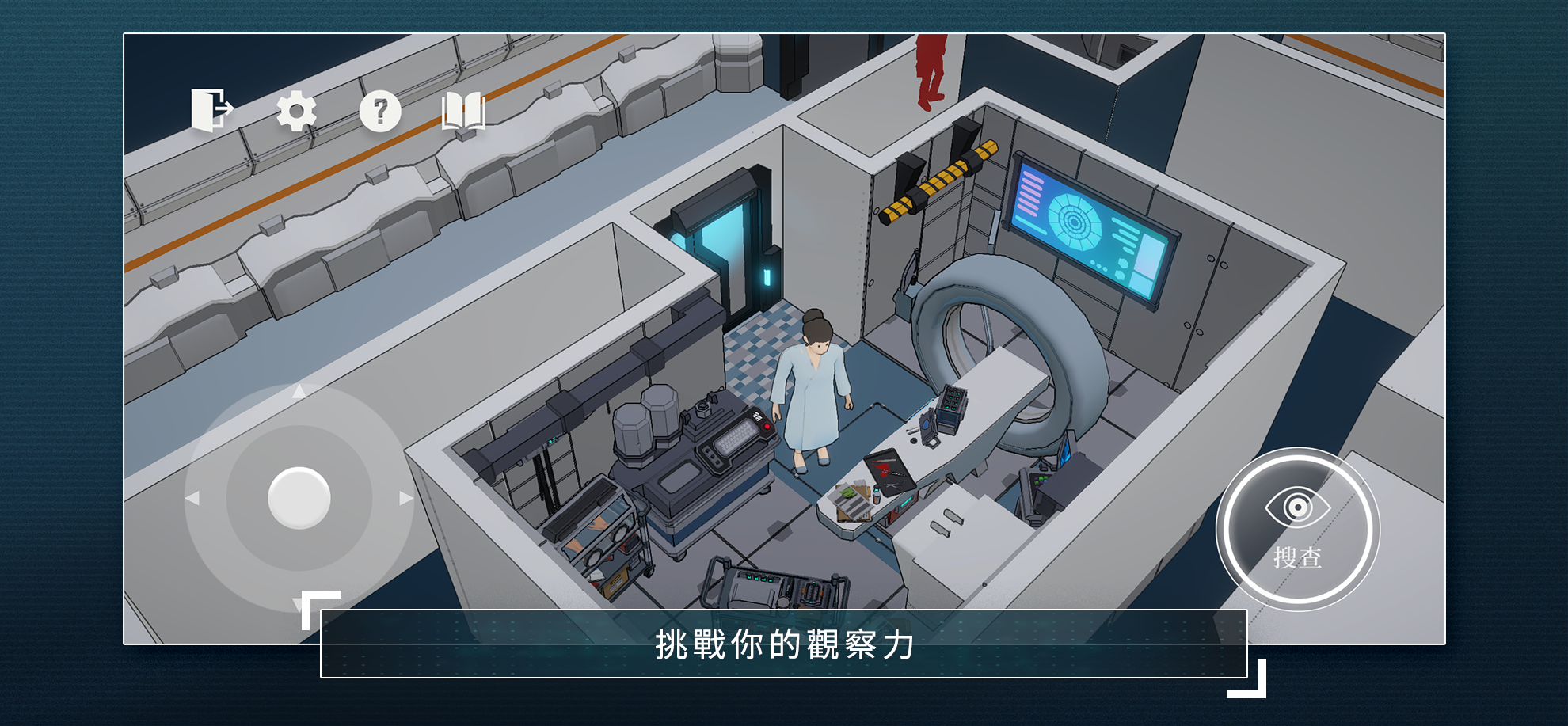
Game Download
IOS
Android
Screen Shots


